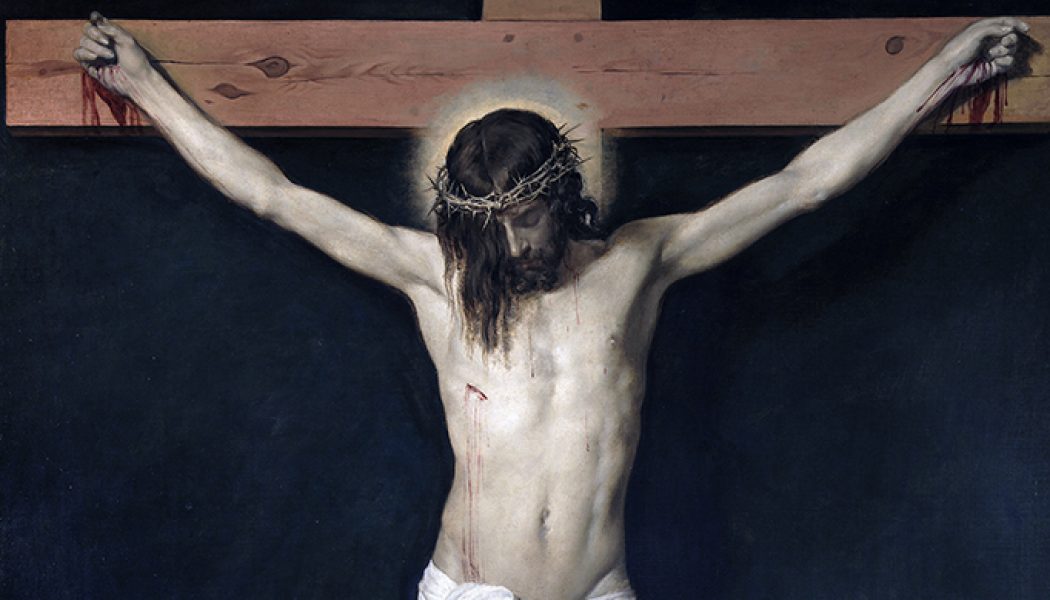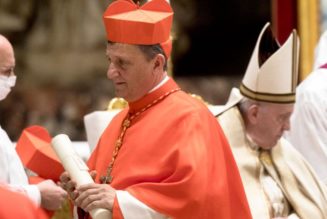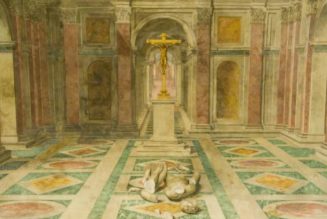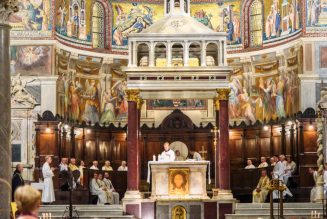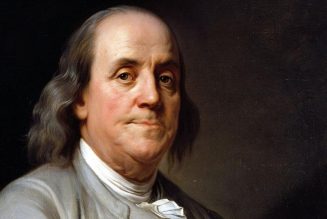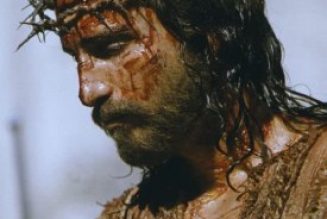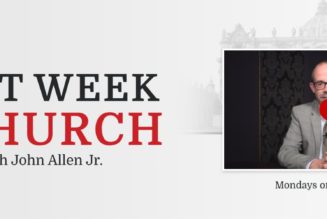
Suffering is not just a problem to be solved — it is a mystery to be endured in union with God Incarnate, who “suffered death and was buried, and rose again on the third day.”
Why must the wicked appear always to prosper, while the innocent are made to suffer, seeing all their efforts come to grief? It is a question at least as old as the Book of Job, which framed the problem in such a way as to place God himself in the dock. Who, in the eyes of a disbelieving world, cannot possibly acquit himself of the charge.
How does the argument run? That if God were all-good, then obviously he would wish to rid the world of evil — and if his powers were equal to his goodness, then he’d surely have done so by now. But the world God made remains a fallen and unjust place, engulfed by the flames of malice and deceit. Perhaps, then, God is not possessed of both the goodness and power we naively ascribe to him.
Who knows — maybe God is more like us than we thought, and cannot escape the limitations of weak and wayward men.
Or, on the most perverse reading of the evidence, maybe God is an altogether malevolent deity. On a far greater scale, to be sure, than, say, Hitler or Stalin, but nonetheless consumed with hatred for the human race. Indeed, so complete and unremitting is God’s contempt for the creatures he made, one would think it not unreasonable to characterize his actions as positively satanic.
Are we in a sort of Shakespearean world, then, where, in relation to God, we are no more than “flies to wanton boys,” whom the gods torture and kill “for their sport?” It must be so if one’s life were no better than that of poor Gloucester, his eyes freshly plucked out by the wickedness of Cornwall and Regan, left to wander despairingly upon the blasted heath.
Welcome to Theodicy 101, which is the attempt, mounted by the friends of God, to vindicate him from the charge that he is somehow complicit in the evils that mark the world he made. Evils, it needs at once to be said, no amount of talk therapy can assuage. When a child is struck down with stage four cancer, the pain will not go away because the family got to spend time with Dr. Phil or Oprah Winfrey.
And so God needs to answer some pretty tough questions. Beginning, one suspects, with the question Adam and Eve must have put to him when death and judgment brought them face to face with God on the other side of the grave: “Why did you allow our son to be murdered by his brother?” Not realizing, of course, that the same question could be put in a rather different way: “Why, O God, did you allow your Son to suffer and die, to be murdered by his brothers?”
Because, once again, if God really were good, then he’d certainly have figured out a way to spare his own Son, never mind the rest of us whom he appears to have abandoned in the same breezy and carefree way. And assuming God’s powers are equal to his goodness, why then does he leave him in the lurch, condemned to suffer an unspeakable death?
Job is not the only one wrestling with the problem. In that extraordinary book of his, Crossing the Threshold of Hope, there is a chapter where Pope St. John Paul II is asking precisely the same question: “Why is there so much evil in the world?” In fact, he reminds us, people in every age, including especially the followers of Christ, have been vexed and tormented by that question. How can one trust in a God, he asks, “who is supposed to be a merciful Father, indeed who reveals himself as Love itself, where suffering, injustice, sickness, and death itself seem to dominate history and the world?”
There can be no answer to that question, argues the Pope, so long as pain and suffering are seen as a problem to be solved, and not as a mystery to be endured. A mystery, moreover, whose entire resolution turns on the pierced and crucified Christ, who did not come to rid the world of its pain, but instead to enter into it so deeply as to become the true owner of it, in order thus to redeem it. Not from above by way of intellectual edict, but from within and below by way of existential engagement.
If God were sheer omnipotence alone, then he need hardly justify himself to anyone. But he is more than power and might. He is love, which aims always to endear itself to the beloved, who stands in constant and abject need of love, of such ministrations of love as to become mercy. He is not, therefore, the Absolute Omnipotent God — the vaunted Pantocrator of the planet — who remains entirely and antiseptically outside the world he made. He is no stranger, in other words, to our suffering. The human losses we bear are the burdens that he too bears, having freely chosen out of a depth of incomprehensible love to shoulder them. Because his name is Emmanuel, God-With-Us. And so we are never alone with our pain; our anguish need never be borne in solitude. He is there to carry it with and for us. And, like a mobile, to raise us above it with great and continuing infusions of joy and hope.
Join Our Telegram Group : Salvation & Prosperity
